Homily for the Baptism of the Lord, January 9, 2022, Year C

Fr. Charles Irvin Diocese of Lansing ( Click here for Sunday’s readings ) When did Jesus know who He really was? We can reasonably assume that as a little boy He grew into knowledge of who He was. Somewhere (and I am speaking here of Jesus in his human nature) He moved from being a little boy to being a young man and along the way He became aware of the fact that He had a unique relationship with our Father in heaven. In His maturation he came to know who He really was and that would determine His destiny in life. We cannot possibly pinpoint when that realization came to full flower. But certainly at His baptism in the Jordan River by John the Baptizer He had in full measure that realization. Certainly at that moment, the one we just heard about in today’s Gospel account, He was committing Himself to the destiny that lay in front of Him. A booming voice from heaven proclaimed: “You are my beloved Son. On you my favor rests.” Jesus knew that our heavenly Father had special plans fo
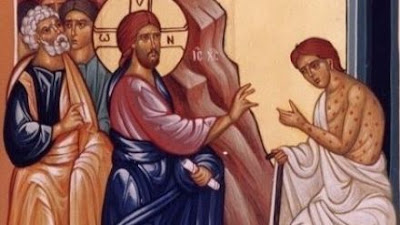
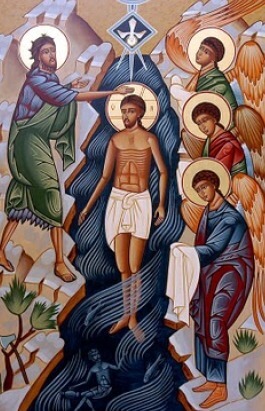
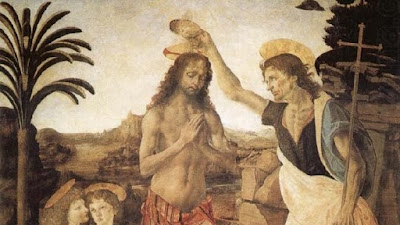

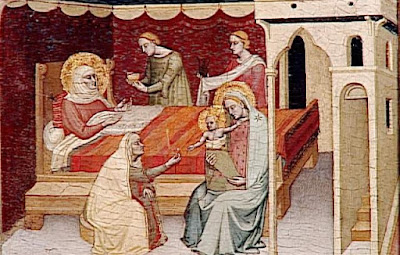
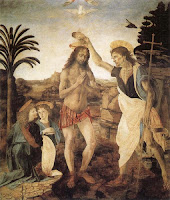
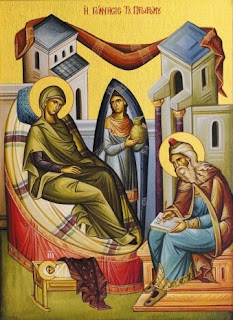
.jpg)